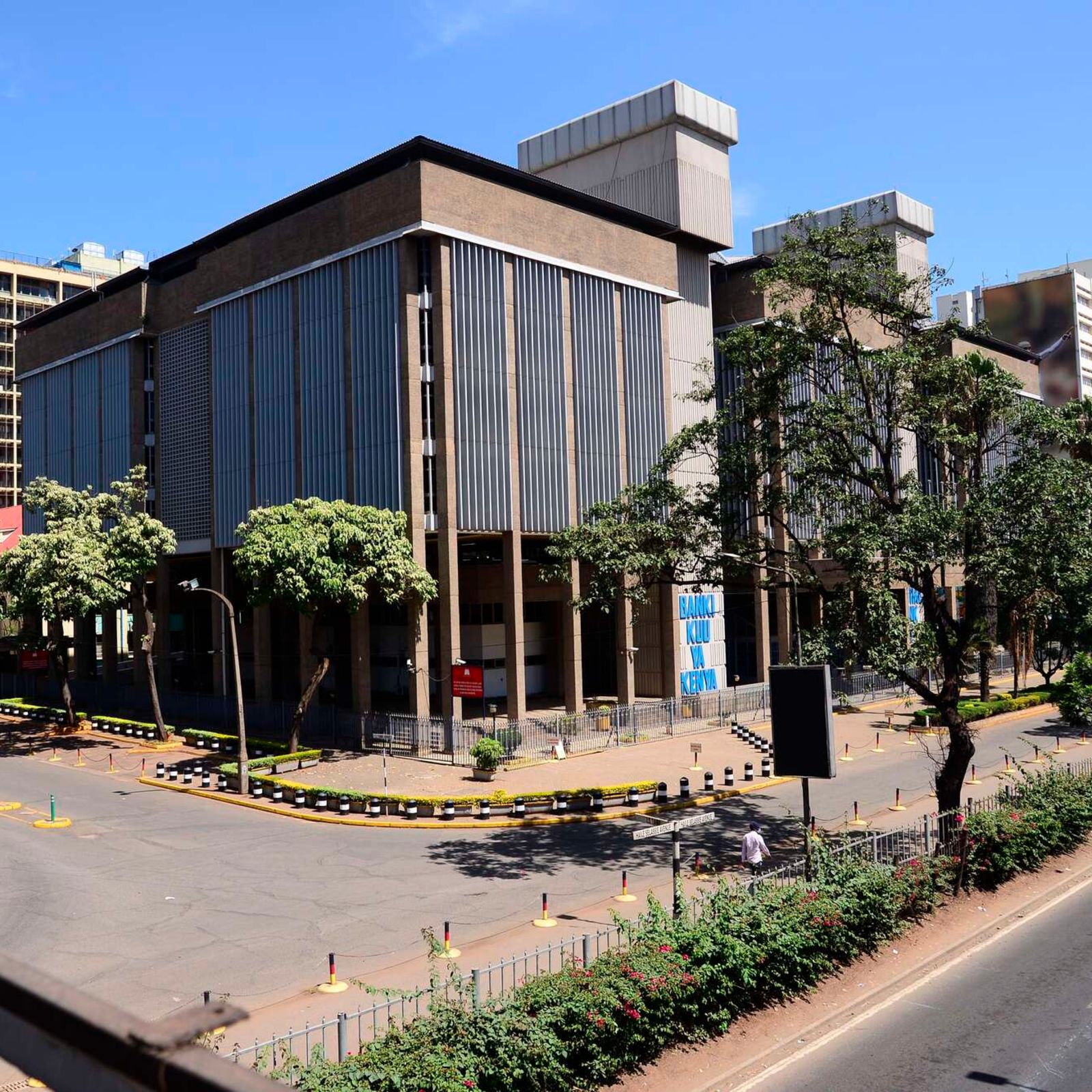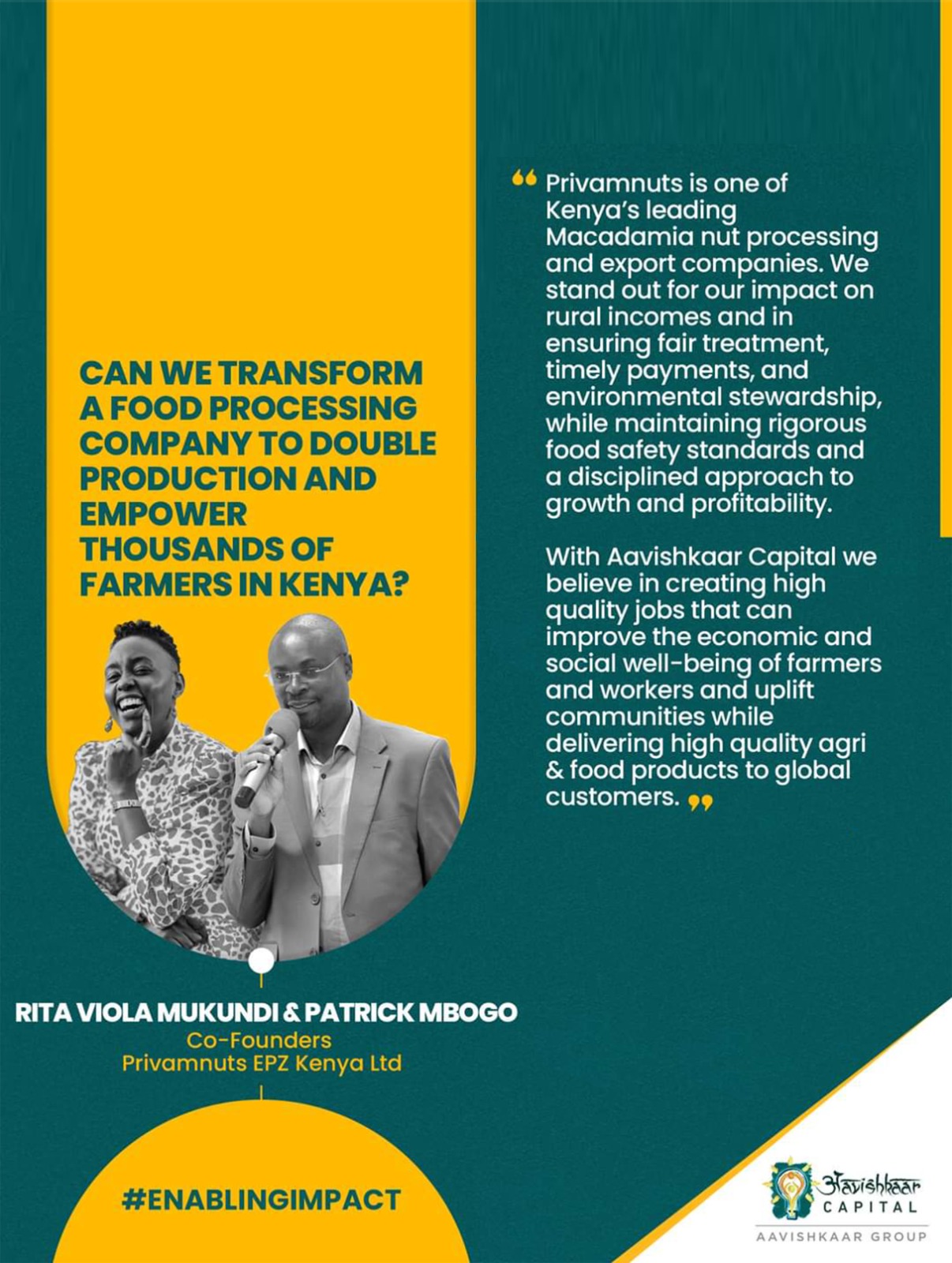
- Foreign Investment Surveys (FISs) are a major source of data on inward and outward investments in an economy.
The surveys collect data on transactions and positions of foreign investment between an economy and the rest of the world.
These surveys inform compilation of the Kenya’s Balance of Payments (BOP); International Investment Position (IIP); and the Gross Domestic Product (GDP), among other related macroeconomic statistics. These indicators enable monitoring of the levels of investments the country received within a given period by source and type of instrument as well as the level of investments by Kenyan enterprises in the rest of the world.
Moreover, the surveys provide invaluable insights into a country’s ability to attract and to retain foreign investment besides informing policy makers in formulation of policy interventions aimed at attracting foreign capital, as well as monitoring and evaluation of the
effects of international capital including employment, technology transfer and savings.

The surveys are also relied upon by investors in decision-making on the destination of investment. The 2023 Foreign Investment Survey (FIS 2023) is the seventh in a series of surveys, with the first one having been conducted in 2010.
The Kenya National Bureau of Statistics (KNBS) has been implementing these surveys in collaboration with the Central Bank of Kenya (CBK) and the Kenya Investment Authority (KenInvest). Based on their mandates of oversight of enterprises within their respective sectors, other stakeholders who have been part of this process include the Exports Processing Zones Authority (EPZA), Capital Markets Authority (CMA) and the Insurance
Regulatory Authority (IRA). Within the Private Sector, the Kenya Association of Manufacturers (KAM) has been pivotal in rallying the manufacturing industry stakeholders to provide responses to the surveys.
The Statistics Act, 2006 empowers the KNBS to collect data from enterprises on their foreign transactions and positions with the rest of the world, among other indicators, as outlined in the First Schedule of the Act. Moreover, the Act guarantees confidentiality of the information collected and its use for statistics purposes only.
 The collected data is aggregated and subsequent analysis is based on internationally agreed methodology of compilation of External
The collected data is aggregated and subsequent analysis is based on internationally agreed methodology of compilation of External
Sector Statistics as outlined in the Balance of Payments and International Investment Position Manual, Sixth Edition (BPM6).
Data collection for the FIS 2023 was undertaken between November 2023 and February 2024 targeting enterprises with Foreign Assets and Liabilities (FAL) as well as other cross border transactions in goods and services.
The list of targeted enterprises for FIS 2023 was drawn from the master file register of enterprises which had participated in the previous FISs, as well as new enterprises which met the criteria of having cross border transactions and positions.
The data collected pertained to cross border positions for the years ended 2019 to 2022 and flows during the years 2020, 2021 and 2022. In addition, the survey sought information on international trade in services and investor perceptions on the investment environment since 2020.
The FIS 2023 findings were used to update the Kenya’s BOP and IIP Statistics. This information provided analytical insights on investment and international capital flows as observed since 2020 including effects of COVID-19 pandemic, climate change and associated challenges, disruptions to the global supply chains, resulting from geo-political conflicts and global volatility in exchange rates.
The FIS 2023 could not have been successful without collaboration of the implementing agencies earlier mentioned. Special thanks go to Senior Management of CBK, KenInvest and KNBS for coordinating the implementation of the survey, in particular the CBK Director of Research Department Prof. Robert Mudida, CBK Deputy Director, Research Department Dr. Lydia Ndirangu; and KNBS Director for Macroeconomic Statistics Mr. Collins Omondi. Our appreciation further goes to the BOP Technical Team that implemented the FIS 2023 which comprised of Mr. Simon Gaitho, Mr. William Etwasi, Ms. Gladys Mbaluku, Mr. Anthony Makau, Ms. Pauline Kamau, Mr. Milton Tonui, Mr. Pascal Owiti, Mr Peter Kamau Waithera and Mr. Collins Kamire from KNBS; Mr. Chris Amdany, Mr. James Maina, Ms. Kethi Ngoka, Ms. Maureen Odongo, Mr. Leonard Kipyegon, Ms. Juliet Akello, Mr. Paul Kamondo and Ms. Sylvia Anam from CBK; and Ms.
Caren Mutai from KenInvest.
Their efforts in instrument design, field supervision and monitoring and quality control ensured successful collection of the required information. Allow us to extend our appreciation to Mr. Francis Rotich from EPZA, Mr. Samuel Gachanja from CMA, and Mr. Bosco Mwanza, from IRA who were pivotal in sensitizing stakeholders within their respective industries to support the process by providing the required information.
Our gratitude goes to the field teams comprising of Supervisors and Research Assistants for their tireless efforts to administer the survey
and to conduct the necessary follow ups to ensure the respondents provide the data in the required format within the agreed timeline.
Our gratitude also goes to Ms. Linda Olweny, who facilitated the process by interpreting provisions of the Act to the respondents and to all other members of staff from the collaborating institutions who contributed to the success of the process.
Recognition also goes to Mr. Senei Molapo and Mr. Dennis Mollel from the Macroeconomic and Financial Management Institute for Eastern and Southern Africa (MEFMI); and to Mr. Nahashon Mutai from the East African Community (EAC) for continually providing peer review and technical support during analysis of the survey data.
The FIS 2023 would not have been possible without the cooperation of all the data providing respondents. We reiterate our gratitude to them and encourage them to continue playing this pivotal role in similar future surveys.
In conclusion, we encourage all of us to make use of the information available in this report and to provide any feedback in order to improve our services of informing evidence-based decision-making using quality statistics.











